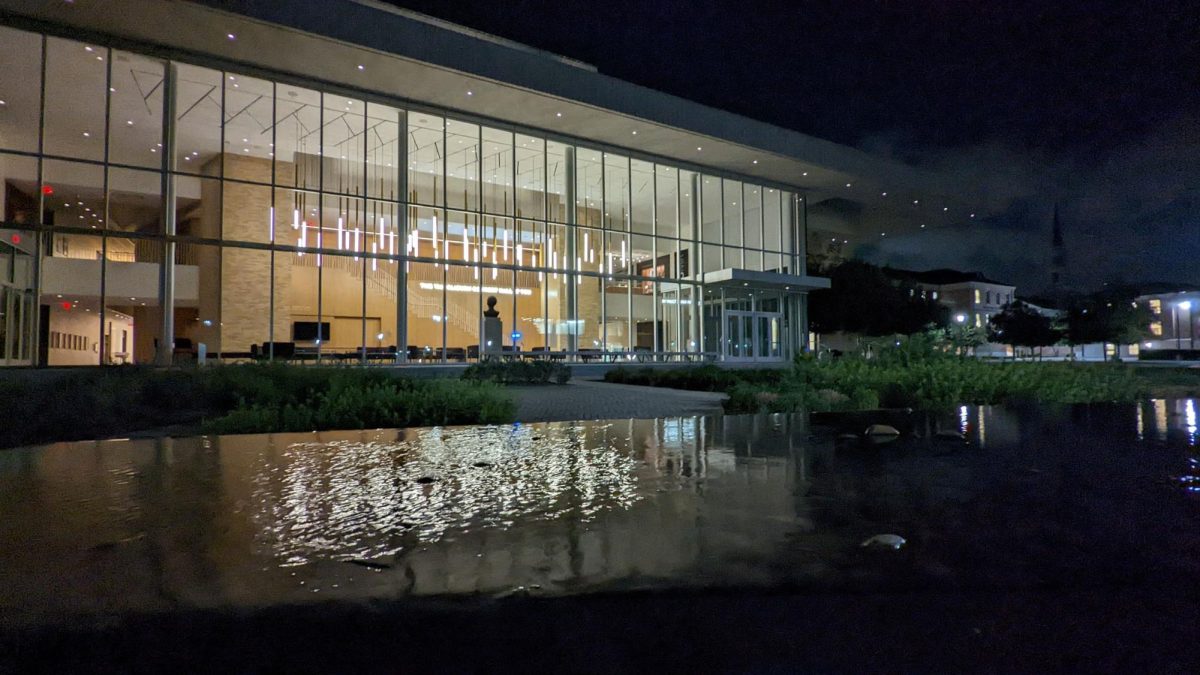Three months after Fort Worth issued a stage two water warning, recent rains have filled reservoirs across Tarrant County bringing an end to drought restrictions from the Tarrant Regional Water District.
While drought restrictions from the TRWD have been lifted, there are still rules as to when residents can water their lawns. A permanent city ordinance put in place in April 2014 is in effect that only allows watering twice a week.
Mark Olson, the conservation and creative manager for the TRWD said that only watering twice a week is enough to keep lawns green.
“Lawns will survive on a twice per week or less schedule, even in the heat of the summer.” Olson said. “That’s one of the reasons you see cities implementing the twice per week limits on outdoor watering.”
The original drought restrictions from the water district were put in place in June 2013 when reservoirs fell below 75 percent capacity.
Rainfall over the past month has filled the reservoirs to nearly 95 percent, according to Water Data For Texas. One month ago, reservoirs sat at only 77 percent.
Two of the water district’s primary reservoirs, Eagle Mountain and Richland-Chambers lakes, are all at 100 percent capacity for the first time in years. One month ago, they sat at 64 and 78 percent full respectively.
Olson said although drought conditions have subsided, the water district encourages the public to continue practicing conservation measures to prolong the newly replenished water supplies.
“Droughts are a part of life here in north Texas,” Olson said. “It’s just something that we need to grow accustomed to and learn to adapt a little bit.”

College students seem to have a reliance on caffeine to get them through lectures and late night study sessions, but there are healthier alternatives to power through the day.
Published Apr 17, 2024
Published Apr 17, 2024
Published Apr 16, 2024
Published Apr 16, 2024
Drought restrictions lifted in Fort Worth
Published May 18, 2015
QUICK LINKS
ABOUT TCU
FOLLOW US
TCU 360 is the official, student-produced product of the Department of Journalism in the Bob Schieffer College of Communication at Texas Christian University.
Our mission is to develop aspiring journalists who use accurate and ethical reporting to inform and serve people invested in TCU.
All Horned Frogs are welcome.
Copyright ©2024 TCU Student Media. All rights reserved.
Our mission is to develop aspiring journalists who use accurate and ethical reporting to inform and serve people invested in TCU.
All Horned Frogs are welcome.
Copyright ©2024 TCU Student Media. All rights reserved.




